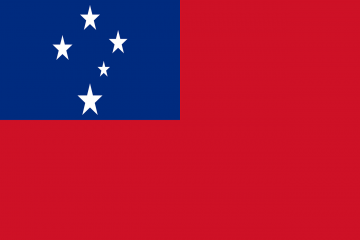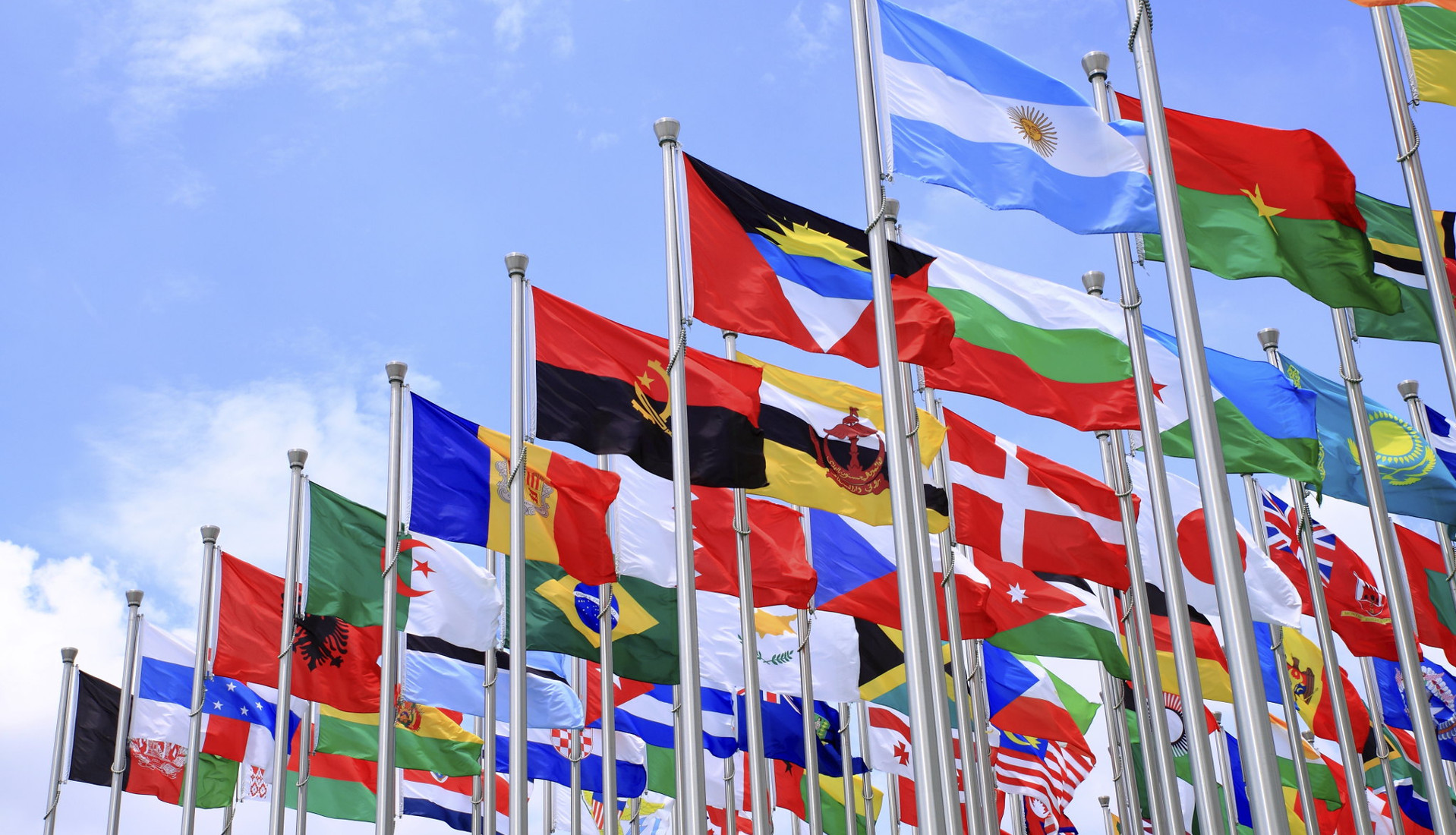Open Educational Resources (OER) are likely approaching an existential crisis because rapid advances in generative Large Language Models under the banner of ‘artificial intelligence’ (AI) could erode their competitive advantage as digital public goods when compared to commercial content.
The evolving landscape — including copyright complexities related to Generative AI (GenAI), the considerable risk of premature reliance on commercial GenAI services in the absence of proven business models, unresolved challenges with open-source AI in education, and the unique complexities faced by Pacific Small Island Developing States (SIDS) — calls for scenario planning strategies to explore a range of possible futures.
Two Scenarios – A contribution to the 3rd UNESCO World OER Congress
New Zealand’s UNESCO Chair on OER contributed the following video to the breakout session on AI and OER initiatives at the 3rd UNESCO World OER Congress, held on 19–20 November 2024 in Dubai. Two scenarios for Pacific SIDS are presented proposing alternate pathways to implement open solutions in parallel with the apparent global shift toward integrating commercial GenAI solutions in higher education.

Companion paper
The OER Foundation has published a companion article for the video summary providing more information. It is available for download.
Abstract
Commercial generative artificial intelligence (GenAI) poses significant challenges to Open Educational Resources (OER) as digital public goods, particularly for Pacific Small Island Developing States (SIDS). The rapid adoption of GenAI in education, with many students using it for study purposes, raises concerns about copyright, model training practices, and ownership of generated content. High costs of training and maintaining GenAI models further disadvantage Pacific SIDS, which lack the resources to develop their own systems. Dependency on commercial GenAI services introduces risks, including vendor lock-in and unaffordable costs, while open models bring their own complexities, such as defining openness and the complexity of the AI technology stack.
Two strategic scenarios offer alternatives for Pacific SIDS. The “digital sufficiency” approach emphasises affordable, essential digital tools and Free and Open Source Software (FOSS), fostering local autonomy and reducing reliance on high-tech solutions. The second scenario advocates for the use of open, small language models (SLMs) and shared open prompts to produce and share generative educational content.
Collaboration through a commons-based cooperative, enabling resource sharing and expertise exchange is key to sustainable success. A collective Free and Open Source Software Digital Learning Ecosystem Commons (FOSSDLE Commons) is proposed to strengthen local capacity and reduce costs. By leveraging cooperative solutions, Pacific SIDS can ensure sustainable, autonomous education in a GenAI-driven world.
Download: Foresighting Viable Open Alternatives to Address OER’s Existential Threat from Commercial Generative AI: Confronting the Unspoken Challenge for Pacific Small Island Developing States (PDF 512 kB)


